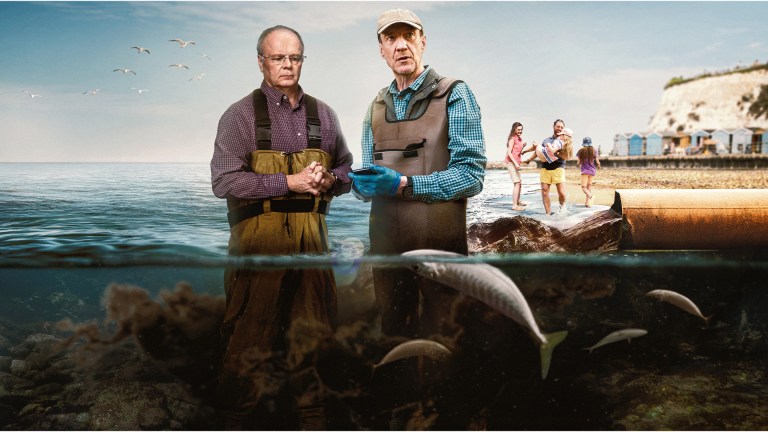I was a shy, insecure boy, shattered by the outbreak of war when I was 16. The Second World War was a very tough time to grow up in – not just because of the limited amount of food available I think we were all slightly depressed because we were struggling and didn’t know what the outcome would be. I was already sure I wanted to be an actor – I’ve wanted that since the earliest I can remember. But my parents sent me up to do an engineering apprenticeship on the Clyde because they thought I should get a proper job.
I’d tell my younger self that one day he will be grateful for how he was shaped by his time in Glasgow. At first I felt my hopes and illusions about working in the entertainment industry had been destroyed, but I tried to be cheerful and keep going. I think I have a natural survival instinct. I came from an English public school and a professional middle-class family to the rough and aggressive atmosphere of the shipyards, but I managed to get on with those chaps and be accepted by them as one of their mates – I think that was a great grounding for life.
In Glasgow I took every opportunity to entertain. I found a group called Scottish Command Troup Entertainments, amateur companies doing little variety shows around all the isolated areas in the country. I found a little theatre in Rutherglen where we rehearsed one night a week and got paid £2 for our performances. These were wonderful acting experiences which I had alongside my apprenticeship.
I think I’d get on with teenage Nicholas. We’d have plenty in common because I don’t think I’ve changed much. I’ve remained a hopeful person, trying to entertain and amuse – that’s what I did with chums at school, it’s how I survived on Clydebank. It’s what I still do today.
I might advise my younger self to stop presenting Sale of the Century earlier, when it was at its peak. It gave me financial security so I could pursue other professional interest which were far more creative and satisfying – I formed my own production company, made some short comedy films, acted in some plays and one-man shows. But SOTC was so commercially successful that many people remember it to the exclusion of everything else, things I’m much more proud of. It gave me the stigma of being a po-faced quiz show host and stopped me getting acting work.









